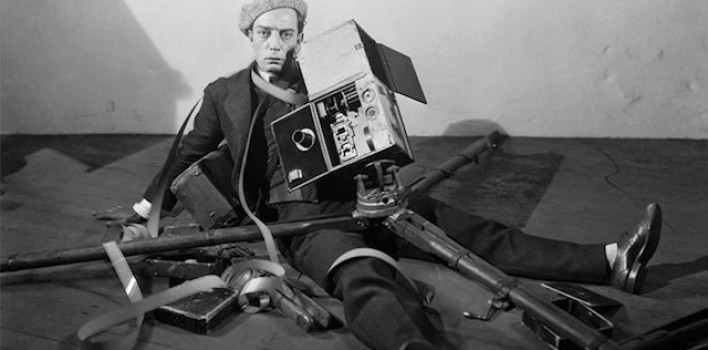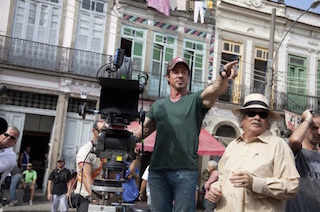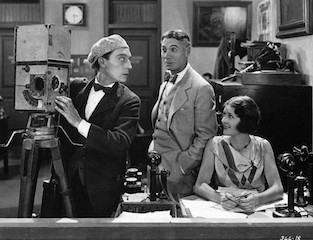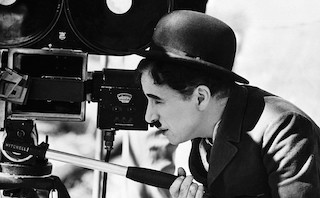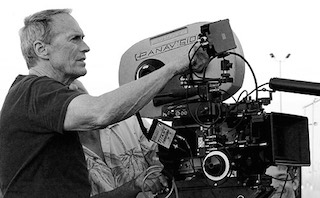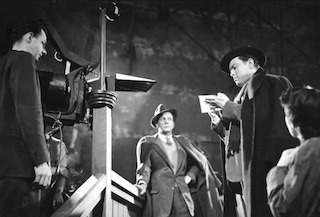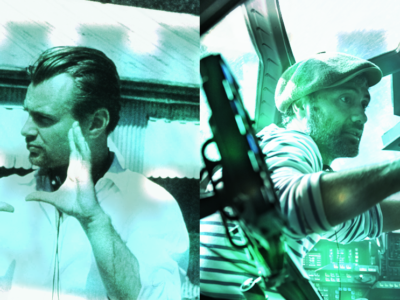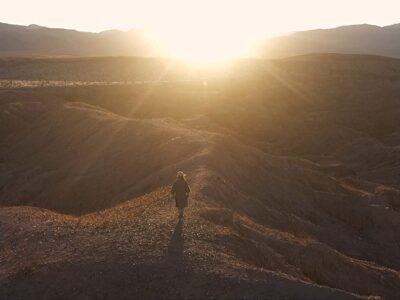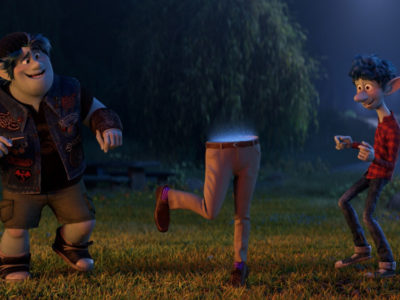Top 5 Self-Directed Actors
Acting is hard. Directing is hard. It would seem the combination of the two would be near impossible. However, throughout the long and storied history of cinema, there have been handfuls of great actors who have tried their hand at directing and been massively successful. While to varying degrees and spanning different periods of movie history and genres, this top 5 draws from the best and most well-known filmmakers who also were iconic actors in their own right. So without any more flibbidy-flab, here are the Top 5 actors who also made the films they starred in.
5) Sylvester Stallone
While most of them movies Sly has directed have either been building on existing works he did not direct, but wrote—e.g. the Rocky franchise and Rambo franchises—Stallone makes the list for the sheer presence and cultural significance of the characters in his movies. Even 2010’s The Expendables, which is far from great but is easily the best of the three movies that have been made, proved Stallone has chops in directing big names, which includes himself. While he is never going to win any awards for his directing, it shows that even though he is most well-known for his big muscles, slurry-like New York accent, and expertise in combat, Stallone can competently execute every facet of the filmmaking process. The fact he received an Oscar nomination for his acting and has won one for writing Rocky are proof-positive of what he can do. Also, he directed my favorite movie in the Rocky series, Rocky III, so he makes this list solely for accomplishing that wonderful movie.
Essential Self-Directed Movies: All the Rocky Movies (the original is not directed by him), Rambo, and The Expendables
4) Buster Keaton
A star of the silent era, Keaton is well-known both as an actor, stuntman, comedian, writer, producer, and director. A famous slapstick movie director of the silent film era once said in a world where comedy directors would steal other directors’ writers for their movies, no one could steal Keaton’s because he was the writer, actor, and director. He was one of the only and one of the last movie artists to have creative control over every aspect of his movies. While he sometimes split directing credits with other directors, like he did on The General, Keaton was always the artistic direction and kinetic energy of his films. Whether it was innovative new stunts that almost get him killed, spending the most money ever, at the time, to blow up a real locomotive train, or creating new shots never before seen, Keaton was and will forever remain a brilliant and influential filmmaker.
Essential Self-Directed Movies: Sherlock Jr., The General, Steamboat Bill Jr., The Cameraman
3) Charlie Chaplin
Poor Buster Keaton; always comes second to The Tramp. However, to watch one of Chaplin’s films, where even the comedic shorts were directed by him in an uncredited role, is to see his genius and appreciate his amazing ability to direct silent cinema. Although he eventually made the switch to “talkies” in 1940 when making The Great Dictator, an incredibly controversial and prophetic film, Chaplin will always be remembered for his slapstick comedies made in the 1920’s and 30’s, which he directed with, as he described, “sheer perseverance to the point of madness.”
However, slapstick seems to belittle his films a bit, as they drifted from other films like it as Chaplin grew as a filmmaker. He developed a mixture of comedy, pathos, and social commentary in his pictures that set his above the rest. I think of a movie like The Kid, that takes the hilarious premise of a man raising an orphan, and achieves new levels of physical comedy from both Chaplin and Jackie Coogan, aka the eventual Uncle Fester, as well as drawing from the deep emotional well of a father and his son. And it was mixing in his seriousness and sentimentality in his films that made them so endearing and watchable. There was something in his delivery and mannerisms that took the mundane and serious and made it unbelievably funny. That is something he shares with the aforementioned Keaton; although, Keaton was somber while Chaplin was sentimental.
Or take a film like The Great Dictator, which was one of the earliest forms of comedic satire with a biting edge in cinema. Chaplin was more than his slapstick comedy and his films set a standard for much of the political and social commentary in movies that would come after it. Chaplin is a genius and will be forever remembered as one of the greats to both act and direct.
Essential Self-Directed Movies: The Kid, City Lights, The Great Dictator, The Gold Rush
2) Clint Eastwood
If Stallone makes the list for his burly, machismo-dripped performances and iconic characters, then Eastwood makes this list because he has all of that and an incredible directorial and production eye. For an actor as iconic as Eastwood, that is saying something. One would think he probably has an award for this acting, which he has won in different capacities, but his Oscars and most of his other awards have come from his body of work as a producer and director. He has won four Oscars, two for arguably his best movie, Unforgiven, as well as for Million Dollar Baby and an honorary award for his consistently high-quality work as a producer and director.
Don’t scoff at the fact that he comes in above two stalwarts of the silent era. Eastwood has an enduring legacy on film as an actor, director, and producer, and is still making great films, as evidenced by the highest grossing film of 2014, American Sniper. And a movie largely ignored by the Oscars and the Golden Globes, Gran Torino, is arguably the greatest work of his post-Westerns work. Eastwood, until the day he dies, will be an important filmmaker and considered one of the best actors to ever take his turn behind the camera.
Essential Self-Directed Movies: Unforgiven, The Outlaw Josey Wales, Gran Torino, American Sniper
1) Orson Welles
Arguably the greatest actor in this group of self-directed actors, Welles was a true thespian but also a brilliant filmmaker. Probably most well-known for having revolutionized modern filmmaking with 1941’s Citizen Kane, he also adapted, starred in, and directed two adaptations of Shakespeare’s classic plays, Othello and Macbeth, both of which are fabulous renditions of The Bard’s dramatic classics. He was also a radio star, with an incredible baritone voice that almost got him the part of Darth Vader in Star Wars, and an accomplished Broadway producer. If Buster Keaton was one of the last to do everything, Welles was perhaps the very last.
Welles has been consistently rated as one the greatest director of all-time, and his body of work speaks to how prolific and talented he was. Between the previously mentioned material and his other masterworks like Touch of Evil and Chimes at Midnight, Welles was constantly writing, constantly directing, and producing. His greatest strength was his storytelling and writing a screenplay, but how he was able to direct his actors into fabulous performances, and do so himself, sent his movies into a different realm. His movies have a modern sensibility, especially in their looks, but are classical in every sense as far as acting, writing, and drama go. There may never be someone quite like Welles again and that is both a testament to the man himself and the direction of Hollywood since his heyday.
Also, how could you possibly argue him being #1 with his second to last acting credit being the voice of Unicron in the animated Transformers movie? There is no argument.


